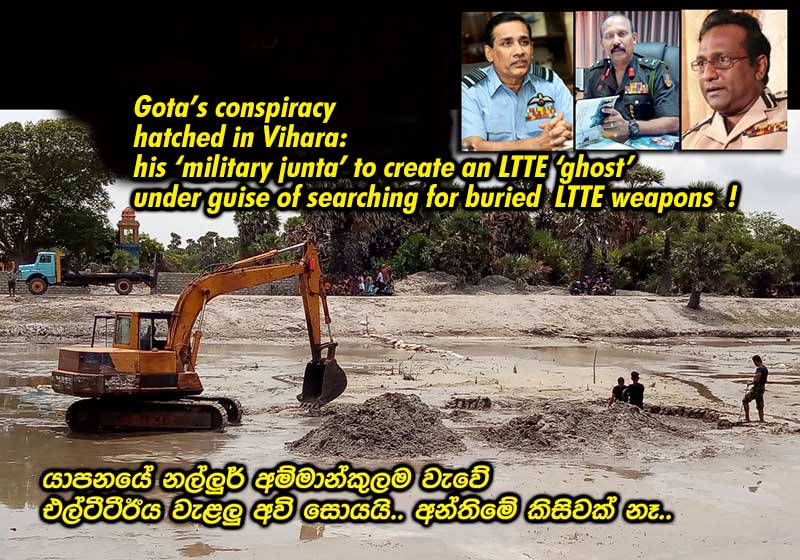UK: Ian Paisley suspension exposes efforts to assist cover-up of Sri Lankan bloodbath
By Steve James -28 July 2018
The move imperils the fragile British government of Theresa May, dependent as it is for a parliamentary majority on Paisley’s party, the right wing pro-Brexit Democratic Unionist Party (DUP). Paisley has even been suspended from the DUP itself, “pending further investigation.”
He is also likely to be the first sitting British MP ever to face a recall by-election challenge. Under the terms of the Recall of Parliament Act, recall petitions must be available for his constituents in North Antrim to sign for six weeks. If 10 percent of voters favour a recall by-election, it must be held unless a general election is less than six months away.
The standards committee found that Paisley failed to register two lavish holidays paid for by the Sri Lankan government. According to the committee, the 2013 trips involved “business-class air travel, accommodation at first-class hotels, helicopter trips and visits to tourist attractions for Mr. Paisley and his wider family.”
Following this, Paisley was amongst the signatories to a letter to then Prime Minister David Cameron in 2014 criticising British support for a resolution to the United Nations Human Rights Council (UNHRC) for an investigation into human rights violations during the final phases of the bloody civil war in Sri Lanka.
Sri Lanka’s decades long conflict culminated in 2009, with government forces massacring tens of thousands of mainly Tamil civilians, along with members and leaders of the Tamil Tigers (LTTE) separatist movement. The UNHRC resolution authorised “an international investigation which will uncover the truth about alleged violations on both sides of the conflict.”
The British MPs’ 2014 letter noted “with alarm the decision by HMG [Her Majesty’s Government] to internationalize the internal affairs of Sri Lanka, and its post conflict process.”
Paisley knows whereof he speaks. Paisley is the son of the Protestant demagogue, hard-right sectarian bigot and former Northern Ireland First Minister, the Reverend Ian Paisley. Paisley senior founded the DUP as a political ally and voice for pro-British loyalist paramilitary groups assisting British imperialism’s sectarian “dirty war” in Northern Ireland. His entire career was based on whipping up Protestant prejudice against Catholics to reinforce religious divisions in the working class of Ireland.
Over decades, British armed and intelligence forces conducted a war of great brutality and unparalleled skullduggery, which cost over 3,000 lives. The “Troubles” only ended in 1998 with the Good Friday Agreement that paved the way for both unionists and nationalists to share power in the British-controlled administration in Northern Ireland.
The MPs’ letter noted merely that the UK “has correctly and steadfastly opposed internationalization of the conflict in Northern Ireland.” The same approach, they insisted, should be adopted in Sri Lanka.
The letter pointed out that the former British colony “has been a friend of the UK for decades,” whose “Government supported the UK in its defence of the Falklands and we should tread more consistently with them.”
“They have emerged from 40 years of conflict,” the letter continued, and “must be given space to come to terms with the past and encouraged to pursue conflict resolution not brow beaten as appears to be the UN way.”
In other words, investigation of the bloodbath organised and implemented by the Sri Lankan government of Mahinda Rajapaksa in the final stages of the war should have been left to the then Sri Lankan government of Mahinda Rajapaksa.
The UNHRC report the MPs wanted to avoid was published in 2015. The conclusions to its 261 pages noted “harrowing descriptions ... of the carnage, bloodshed and psychological trauma of bombardments in which entire families were killed.”
No full estimate of the number of dead civilians was possible, but “likely tens of thousands lost their lives.” The report described “patterns of commission of gross human rights violations and serious violations of international humanitarian law, the indications of their systematic nature, combined with the widespread character of the attacks” as pointing “to the possible perpetration of international crimes.”
Post conflict, the report warned of “extensive and endemic patterns of extrajudicial killings, enforced disappearances, abductions, unlawful arrests and arbitrary detention, torture and sexual violence committed with impunity by the Government forces over many years, as well as by paramilitary organisations linked to them.”
Paisley was only one of several British parliamentarians apparently junketed during and after the final phases of the civil war. One of the most active was Lord Naseby (Michael Morris), former RAF and NATO pilot, Islington councillor, Tory MP and now a life peer. Naseby has systematically sought to downplay the scale of the Sri Lankan killings and the brutality of the weaponry deployed, which included cluster bombs.
Another leading British Tory involved was Liam Fox, Defense Secretary in the Cameron government and currently Secretary of State for International Trade. Fox was hosted a number of times by the Rajapakse government. He spoke in support of the Sri Lanka government in Westminster. He told the BBC, which investigated his role, that his trips in the midst of the government’s slaughter of Tamil civilians were to “promote peace and reconciliation.” Former British Labour MP Andy Love played a similar role.
Other current and former MPs who have registered expenses paid trips to Sri Lanka, according to the Tamil Guardian, included Tories James Wharton, Aidan Burley, Matthew Offord and David Morris.
The Independent wrote that by 2012, the then 28-year-old Wharton had clocked up four trips to Sri Lanka and met Rajapaksa. Wharton claimed that his lack of any prior connection to Sri Lanka meant he could take an objective view. Nevertheless, he asked the House of Commons regarding an earlier UN report detailing human rights violations, “Is it not clear that, while the report sets out a narrative and raises legitimate concerns, it must not be taken as a factual account?”
Paisley, of course, was not suspended for trying to suppress an international investigation into the Sri Lankan government’s war crimes but for not declaring his holidays. MPs are required to register gifts and perks over the value of £660. Paisley’s two Sri Lankan trips are estimated to have been worth over £100,000.
The Northern Ireland politician’s deeply corrupt activities are of a piece with the role of the DUP in Northern Ireland. The party has been mired in a series of financial scandals since coming into power, alongside Sinn Fein in 2007.
Underscoring the complicity of British imperialism in Sri Lankan war crimes, media coverage of Paisley’s suspension focused almost entirely on his shifting claims to parliament as to when he needed to register interests. Very little mention was made of the atrocity Paisley was being paid to cover over. The Telegraph gently chided Paisley to be “more candid with the voters than he was with this newspaper or his fellow parliamentarians.”
The author also recommends:
Nine years since Sri Lankan civil war ended in massacre of Tamils [5 May 2018]




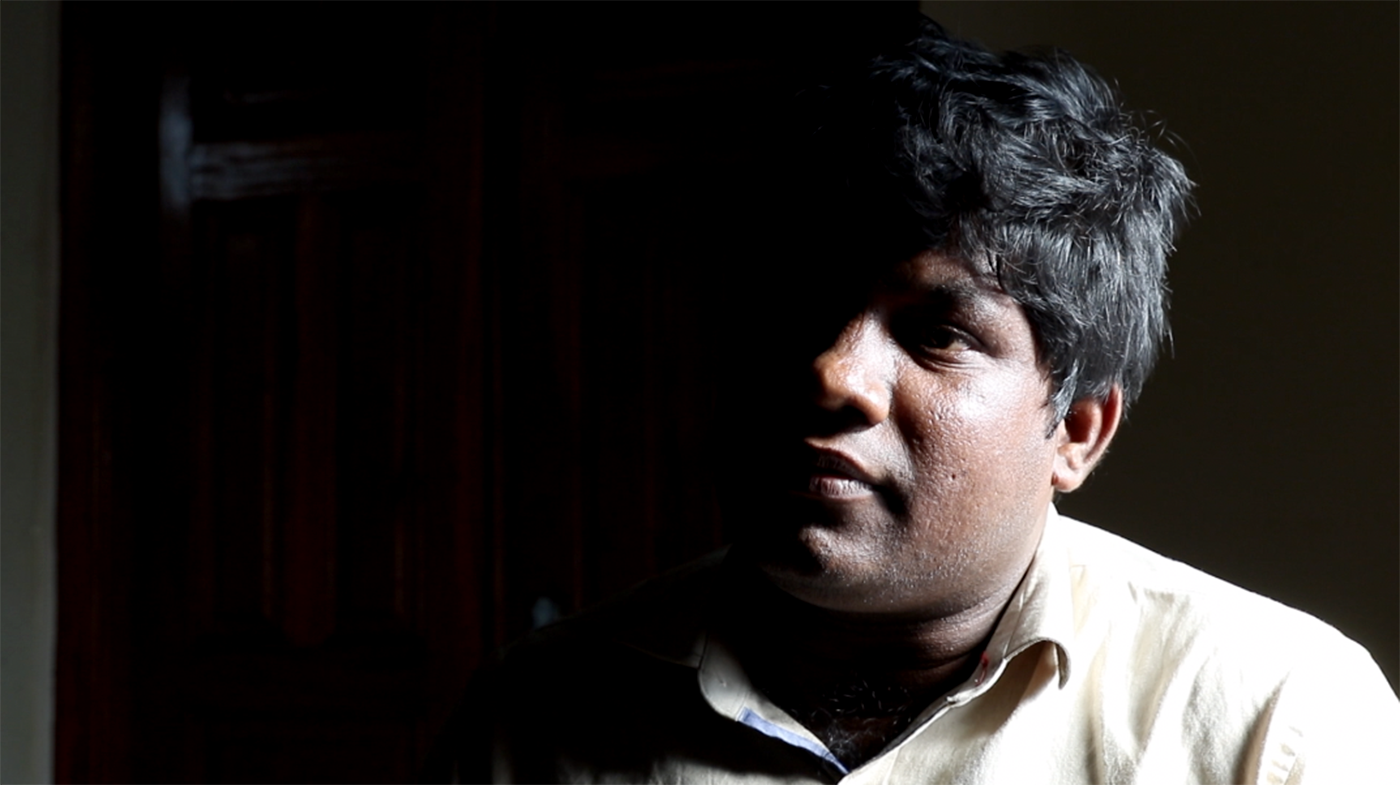

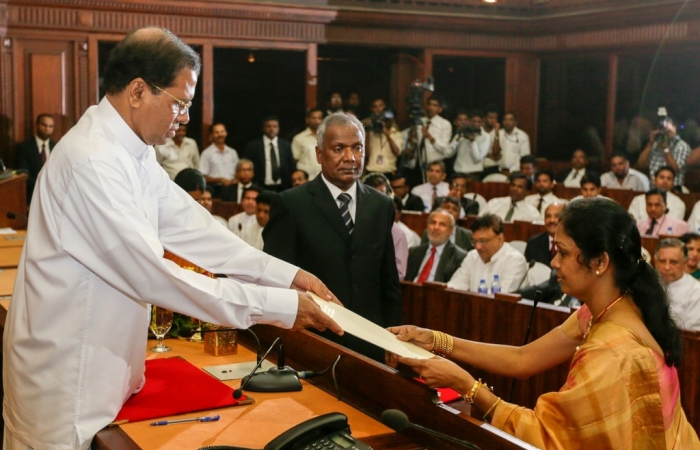


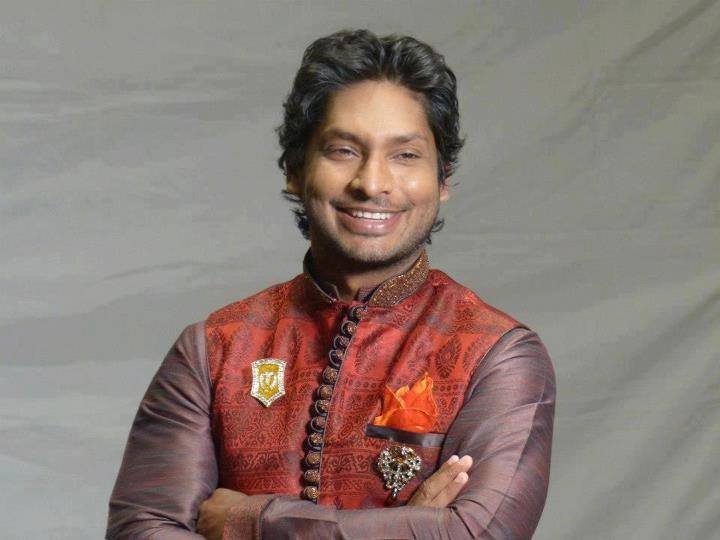

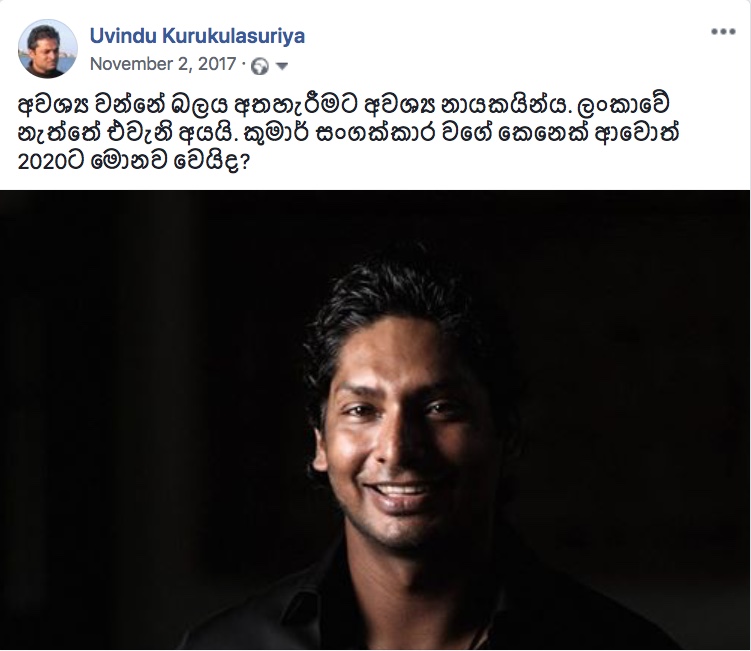


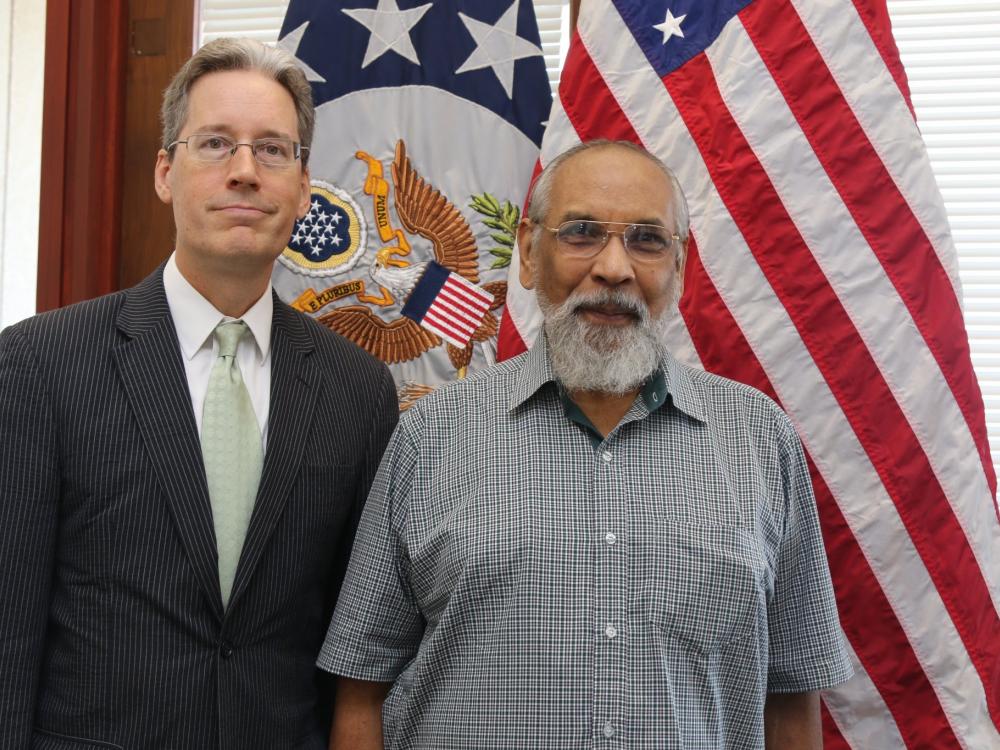


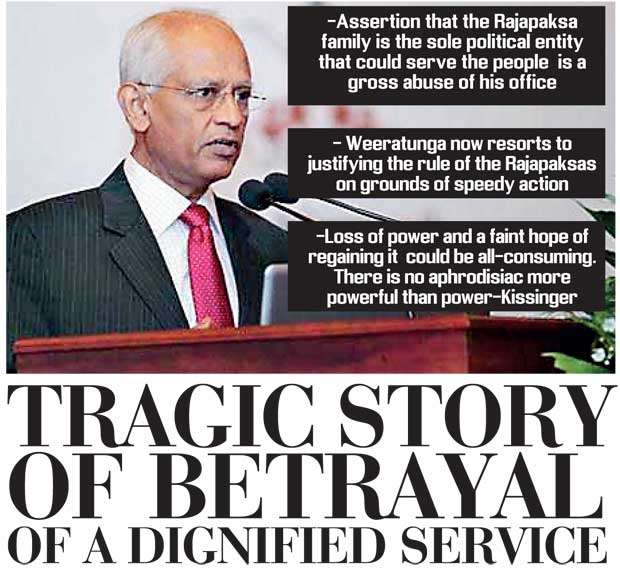

 eylon Civil Service, later transformed into Sri Lanka Administrative Service, has been a dignified public service.‘It functioned as part of the executive administration of the country in various degrees until Ceylon gained self-rule in 1948. Until it was abolished on 1 May 1963 it functioned as the permanent bureaucracy or secretariat of Crown employees that supported the Government of Ceylon’ (Source: Wikipedia).
eylon Civil Service, later transformed into Sri Lanka Administrative Service, has been a dignified public service.‘It functioned as part of the executive administration of the country in various degrees until Ceylon gained self-rule in 1948. Until it was abolished on 1 May 1963 it functioned as the permanent bureaucracy or secretariat of Crown employees that supported the Government of Ceylon’ (Source: Wikipedia). That is the question each public servant in the country is faced with today and what Lalith Weeratunga, Mahinda Rajapaksa’s Secretary during the eight years of their power, did during those vile years and what he is portraying himself to be is laughable.
That is the question each public servant in the country is faced with today and what Lalith Weeratunga, Mahinda Rajapaksa’s Secretary during the eight years of their power, did during those vile years and what he is portraying himself to be is laughable.